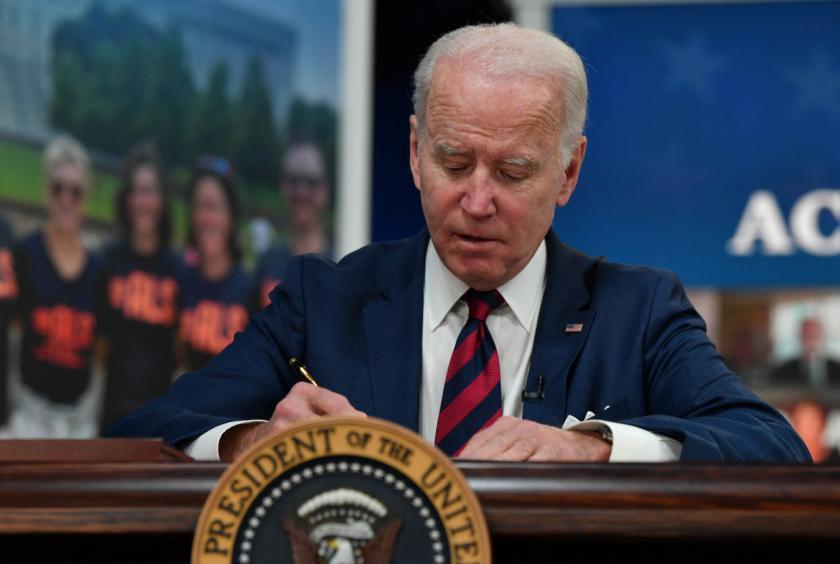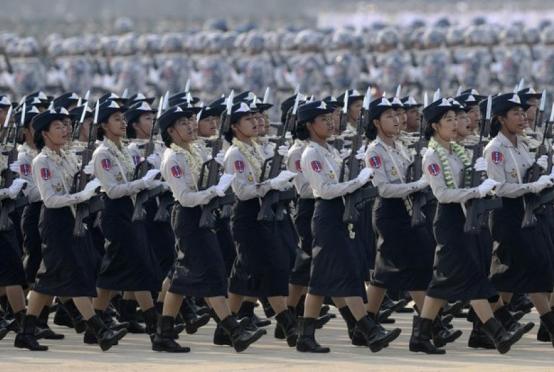
US President Joe Biden signed the National Defense Authorization Act (NDAA), the US Department of Defense's massive defense spending bill that includes the Burma Act, into law on December 23.
According to the Burma Act, which is part of the NDAA, the United States government budgeted US$50 million per year for Myanmar’s democracy activities allocated for five years and included US$220 million in humanitarian aid to Myanmar for the 2023 fiscal year. Myanmar will receive aid from 2023 to 2027.
According to this law, there are cases to assist organizations fighting for democracy, including the NUG, PDF and ethnic armed forces (EAOs), with technical and non-lethal support.
The Burma Act, which is included in the NDAA, was submitted by the chairman of the House of Representatives Committee on Foreign Affairs, Gregory Meeks, in the House of Representatives session on April 6, 2022. The NDAA was approved by the US House of Representatives on December 8, 2022, and after it was presented to the Senate on December 16, President Joe Biden signed it into law.
The NDAA includes increased pay for US troops, provisions such as financial aid for Ukraine and Taiwan and the elimination of the mandatory requirement for the US military to receive a COVID-19 vaccine.
The Act will improve access to justice and provide important benefits to military personnel and their families. After signing the NDAA into law, President Biden issued a statement saying it also includes the defense of their nation, vital powers to support foreign affairs and homeland security.
The defense bill lays out the policy framework for the Department of Defense and the U.S. military, and authorizes budget spending in line with Pentagon priorities.
The spending increase for the 2023 fiscal year is intended to address the effects of inflation and accelerate the development of a national defense strategy, according to the Senate Armed Services Committee.
The NDAA includes provisions to strengthen US air and ground warfare defense capabilities and cyber security.
It also shows the U.S. Congress insisting on continuing aid to Ukraine, which is fighting against Russia, even as Republican lawmakers question continued aid to Ukraine.
In addition, the NDAA also firmly included a defense upgrade plan for Taiwan to deter Chinese aggression.
Among the programs supporting U.S. troops and their families is a 4.6 percent increase in base pay for troops, the most in 20 years.















